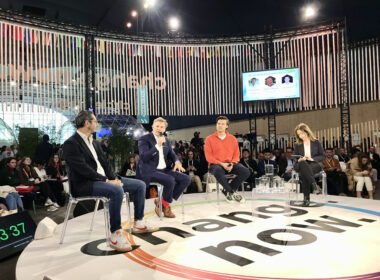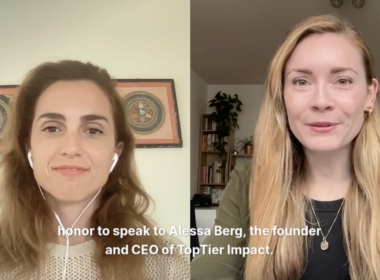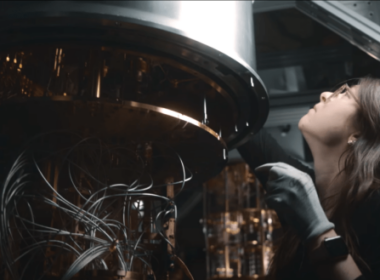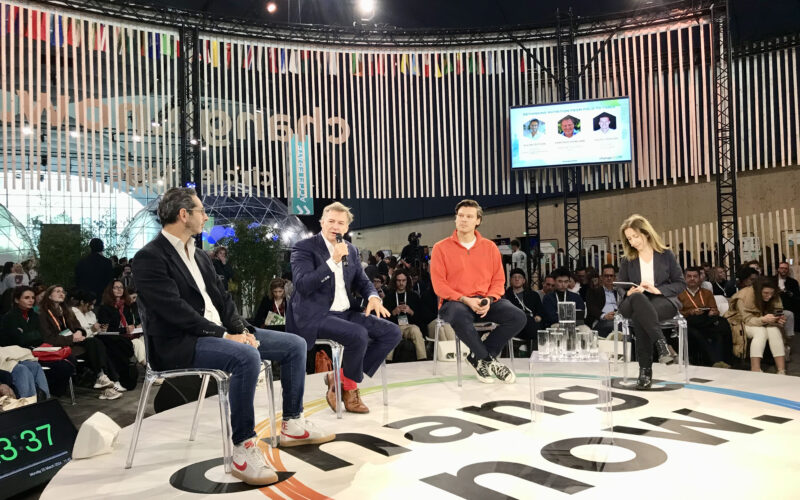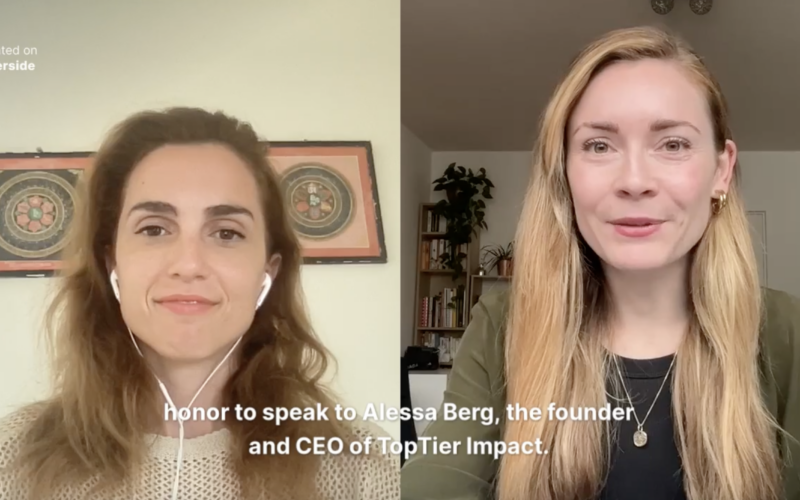Over the past seven days, I attended two amazing conferences, Hello Tomorrow and ChangeNOW in Paris. As I am very interested in health and novel foods, I especially enjoyed the following high-level panels:
🌱 Can consumers change their habits? Insights from food alternatives
with Matthew Furber (Danone), Matthieu Vermersch (Clay Capital), Adam M. Adamek (EIT Food), moderated by Christine Gould (Thought For Food)
🌱 Sustainable technologies for food waste reduction and resilient systems
with Chloé Khalifat (Hello Tomorrow), Katia Merten-Lentz (Food Law Science & Partners), Amr Aswad (Zayt Bioscience), moderated by Christine Gould (Thought For Food)
🌱 Rethinking nutrition from field to table
with Allon Zeitoun (Quantis), Santiago Gowland (Rainforest Alliance), Julius Strauss (FoodLabs), moderated by Catherine Segal (Geo Magazine)
Here are some of my insights:
6 key insights from Hello Tomorrow and ChangeNOW conferences:
💡 “Better than!”
Meat alternatives / sustainable food options will only work if they are able to compete with the products we consume today – in terms of taste and mouth feel, but also in terms of price and/or health benefits. Matthew Furber: “We don’t want substitutes. We want better than.”
💡 Europe is lacking behind
Asia is ahead of e.g. Europe in terms of novel foods for two reasons:
1. They have a strong history in fermentation (think kimchi), which is a technology used to e.g. create meat alternatives from mycelium (mushroom) fibers.
2. Europe has a really strong meat/livestock lobby that is not interested in reducing meat production in the near future. Mathieu Vermersch: “They have a lot to lose.”
💡 From waste to table
According to the UN, nearly 20% of all food produced is wasted. More than half of all food waste comes from households. This cries out for solutions. Chloé Khalifat and Amr Aswad spoke about the importance of closing the loops of food production and seeing “waste” as a resource (think: upcycling, as is already being done with brewer’s spent grains).
💡 The future is hybrid
Instead of cultured meat replacing “normal” meat 100%, the panelists see more and more hybrid foods in the next 5-10 years, where, for example, parts of a meat product are replaced by fermented mushroom fibers.
💡 “Insects are dirty”
So far, Foodlabs has not invested in insect protein startups. Julius Strauss shared that this has not been their priority because with insects there are still animals involved in the food production system, which makes it a “dirty process”. Plus, it is also very Capex intensive. Julius: “You want to take the animal out of the production process.”
💡 Soil health = human health
Santiago Gowland highlighted a stark reality: 45% of people currently can’t afford a healthy diet, with the issue more pronounced in developing countries. Industrialization has depleted soil nutrition, affecting food quality. However, there’s hope through regenerative farming, which not only enhances food nutrition but also boosts farmer productivity.
In a nutshell:
The future of nutrition isn’t just about what we eat, but also how we design, produce, distribute and recycle / upcycle food.
To tackle the triple planetary crisis of climate change, pollution and biodiversity loss, it needs corporate leadership as well as governmental incentives and consumer awareness.


